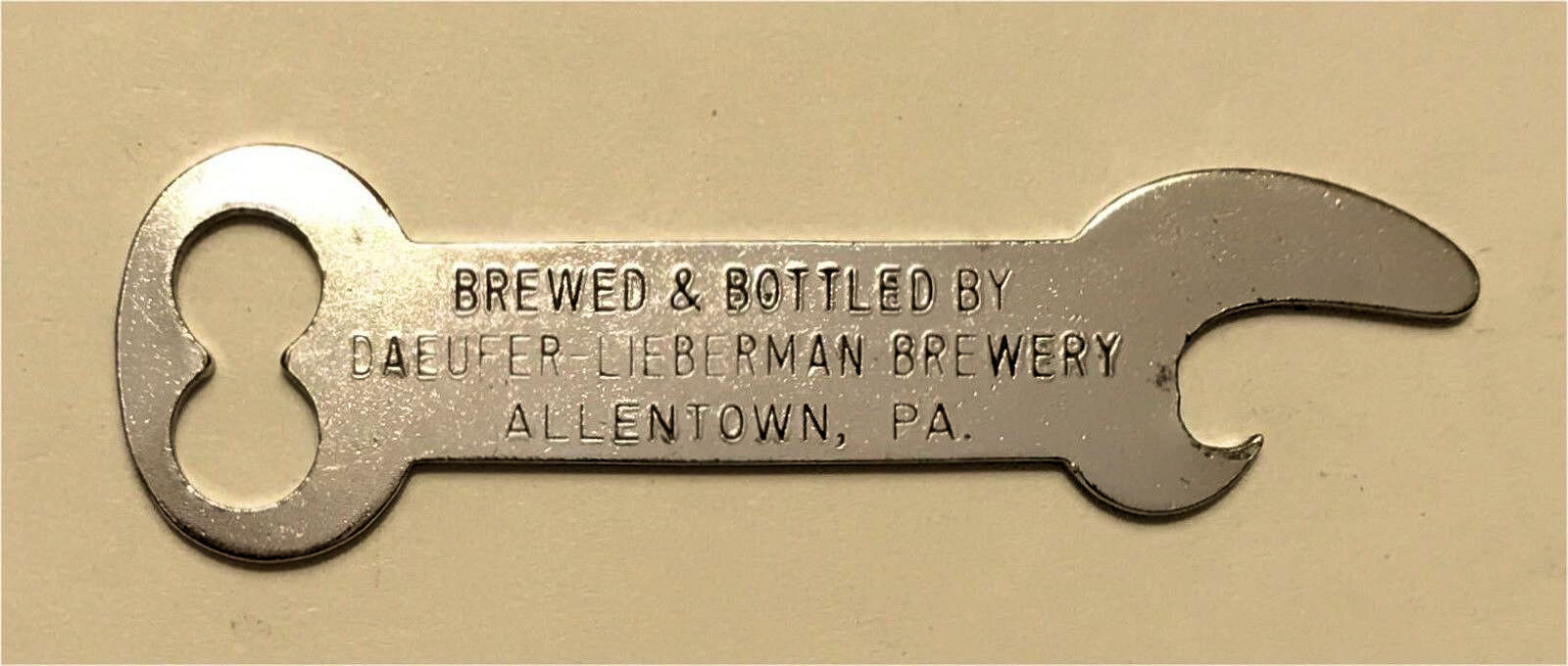14 July 2020
The word that grammar pedants most love to hate is irregardless. The origin of the term is not known for sure, but the word is most likely a blend of irrespective and regardless. (For a discussion on the use of the word, see this post.)
We do know that irregardless is originally an Americanism that appeared at the end of the eighteenth century and starts to appear regularly in newspapers in the latter half of the nineteenth. Objections to use of the word begin in 1927, some seventy-five years after the word had become established in American speech and writing and well over a century after its coinage. It didn’t start out as jocular term or a result of “uneducated” speech, but originally had a decent pedigree of appearing in respectable, edited publications before anyone thought of objecting to its use.
The oldest known use of the word is in a poem about a woman and her cat that appears in a Charleston, South Carolina newspaper on 23 June 1795:
But death, irregardless of tenderest ties,
Resolv’d the good Betty, at length, to bereave:
He strikes—the poor fav’rite reluctantly dies!
Breaks her mistress’s heart—both descend to the grave.
And here are some examples of the word’s use from the mid nineteenth century, the period when irregardless started to be regularly used:
This commentary on political ambition was originally published in the Richmond Enquirer, and was reprinted in the Daily Union on 13 July 1849:
Or is it because the bloodhound spirit of an office-seeker will track any victim so that he can but secure the spoils irregardless of any incumbent, however faithful, honest, or competent he be?
And this reminiscence in Harper’s Weekly by a servant, born in Kent, England but resident in the U.S. for twenty-two years:
I thought the young lady was the squire’s daughter where Master Ralph was visiting; but when he came to stay at Chatham, and I was more with him, I found she was the daughter of a tradesman, and her name was Brown; and then I knew that Master Ralph had no business with her, and I felt it my stern duty, irregardless of all results, to break off this acquaintance.
And this from an 1865 Civil War history of a Massachusetts regiment:
It is the privilege of a Surgeon to remain in the rear in time of battle, and some Surgeons regard it, I believe, as a regulation; but our Surgeon, irregardless alike of either privilege or regulation, in his desire to aid in beating the enemy, allowed his enthusiasm to get mastery over his prudence.
Discuss this post
Sources:
“The ‘Blood-hound’ Spirit.” Daily Union (Washington, DC), 13 July 1849, 3. Newsbank: America’s Historical Newspapers.
Cushman, Frederick E. History of the 58th Regt. Massachusetts Vols. Washington, DC: Gibson Brothers, 1865, 18. HathiTrust Digital Archive.
Merriam-Webster.com, s.v. irregardless. Accessed 13 July 2020.
Merriam-Webster’s Dictionary of English Usage. Springfield, MA: Merriam-Webster, 1994, s.v. irregardless.
“The Old Woman and her Tabby.” City Gazette and Daily Advertiser (Charleston, SC), 23 June 1795, 3. Newsbank: America’s Historical Newspapers.
Oxford English Dictionary, second edition, 1989, s.v. irregardless, adj. and adv.
Willis, James. “A Story of Our Family.” Harper’s Weekly, vol. 3, no. 110, 5 February 1859, 92. HathiTrust Digital Archive.



